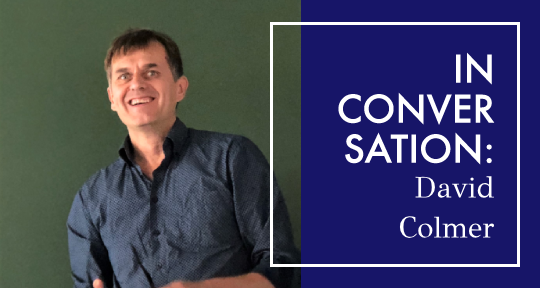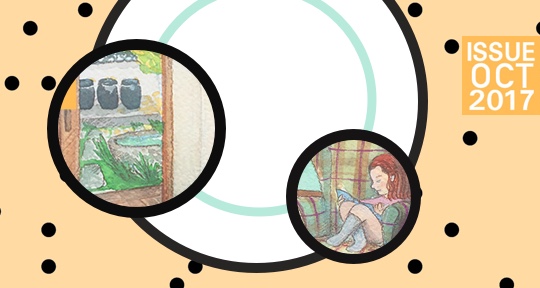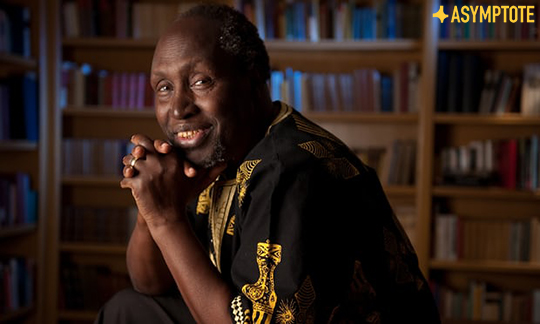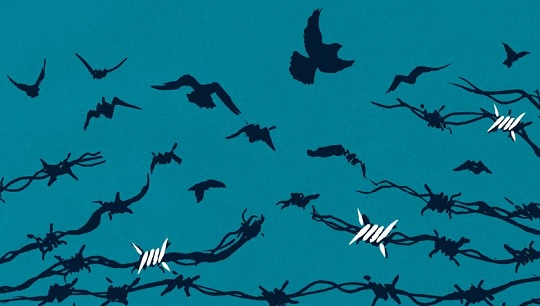We look both backward and forward: a revolution in China, an election in India, poets uniting in Barcelona to cohere past and future with performance and verse. This week our editors are here with literary news items that display a history starkly immediate, a present gathering visions, and tomorrows which hope that remembrance may also be an act of resistance.
Charlie Ng, Editor-at-Large, reporting from Hong Kong:
The May Fourth Movement was one of the most influential events for China in the twentieth century as it powerfully revolutionised Chinese culture and society. The cultural movement complemented the political Xinhai Revolution led by Sun Yat-sen in heralding China’s modern era. Its centenary is celebrated across the Straits, and Hong Kong is no exception. Hong Kong’s Dr. Sun Yat-sen Museum is in collaboration with the Beijing Lu Xun Museum to organise “The Awakening of a Generation: The May Fourth and New Culture Movement” Exhibition, displaying relevant collections from both Beijing and the Hong Kong Museum of History to the public, including the handwritten manuscripts of Chen Duxiu and Hu Shih. The exhibition will also showcase visual and multimedia artworks that are inspired by the event.
The Hong Kong Literary Criticism Society has inaugurated the “Hong Kong Chinese Literary Criticism Competition 2019” to promote literary criticism in Hong Kong, and the launch ceremony of the competition was held in the Hong Kong Arts Development Council on May 18. Hong Kong writer Yip Fai and Chinese scholar Choy Yuen-fung from Hong Kong Baptist University were invited to give a talk on the necessity of literature and literary criticism, moderated by the chairman of Hong Kong Literary Criticism Society, Ng Mei-kwan.





